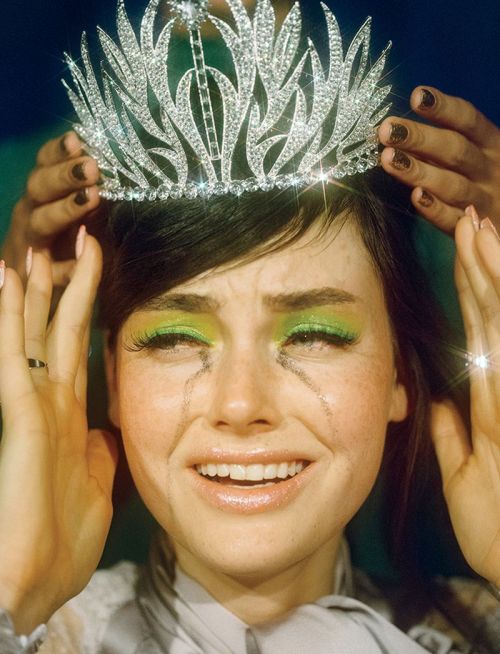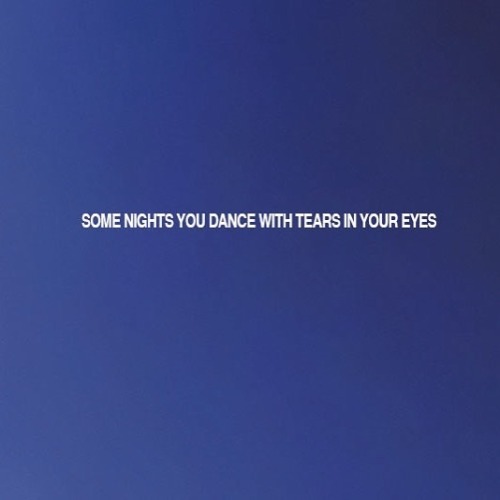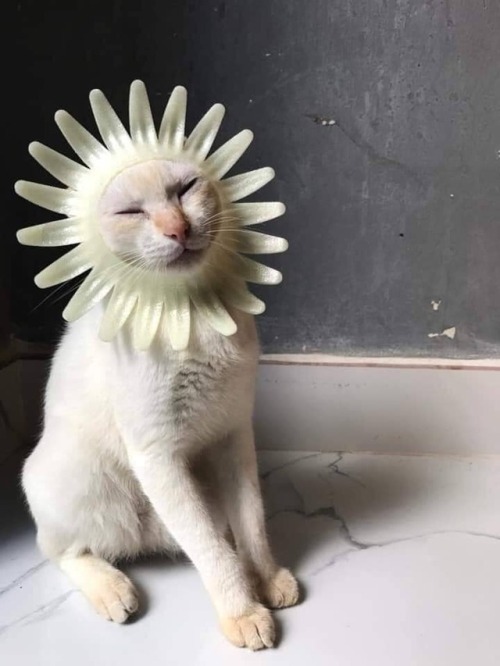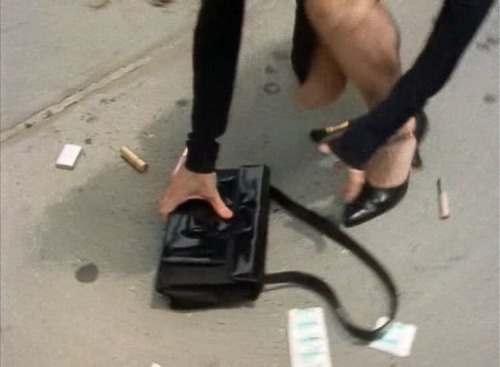I was compulsively shopping, desperate to find a new version of myself, when Dolly Alderton spoke to me. She was a guest on the podcast ‘How to fail’ By Elizabeth Day and I had a $200 Comme des Garcons shirt in my hand, heading for checkout. I also had a bank account of a writing student who didn’t have a job because nothing had aligned with her but was sure one would appear – if she just believed it would.
This was a time in my life where I would give anything to not be broke and to be loved by all. Then Dolly, referring to a time she was ‘slogging her guts out’ at the gym, said the sentence Why am I acting like I’m going to get papped? the corners of my mouth rose. By Dolly sharing this, I recognised the commonality of a woman’s compulsion to always look good. I realised how much time I wasted caring, fearing failure, being kind to shitty people, taking my ever changing self seriously. So, instead of buying that very nice but very me in 20 year’s shirt, I walked away and bought ‘Everything I know about love.’
When I finished Dolly’s light-hearted memoir, I felt that usual satisfaction of finishing a book coupled with something else. It had bought me back to feelings I had when I was a little girl and would read woman writers and as a result, learn from them. When I read ‘I love dick’ By Kris Kraus I resonated so deeply with how Kraus wrote the female consciousness that I started writing confidently to my crush, indifferent about the outcome. I forgot about makeup when I left the house on a Saturday night because of Wolf’s ‘The Beauty Myth.’ When I read ‘I know why the caged bird sings’ by Maya Angelou, I began to deconstruct my white privilege. Instead of mindlessly scrolling the internet, I digested Simone de Beauvoir’s gender ideas, the frustrating intimacies Anais Nin discussed and the alienation that Bell Hooks wrote towards. I went onto read Susan Sontag and enjoyed confessional literature that produced truths and the constant failure to do so, as an instrument to the modern idea of individuality. I was reading about these descriptions of positions of pain and longing being not an admission of powerlessness but an act of assertion. A way of saying The female consciousness can hold these states of pain and longing as well. I was 16 and so sure of myself.
As I got older, my 20’s started to feel more like an un-paid internship than a easy ride. Naturally, I took a more challenging skin suit than that of my teenage body. Doing the sweet things that I used to love, just took so much effort. Even finding joy in reading felt hard. I discovered the gym and Pilates but just jumped from introductory trail to introductory trail until every offer in the city ran out. Some days, I’d role out of my bed and onto the floor wishing one of my housemates would find me crying to Patsy Cline, then pick me up, wash me down and move my limbs for me. Other days, I’d wake up and feel energised, talking to myself with so much positively I genuinely feel taken aback.
I have days like these still, but I’m trying not to. When I feel the existentialism kick in I repeat Dolly Alderton’s words like a favourite record You wont disappoint anyone if you don’t look perfect. Kind, strong and smart works just as well. And in the same way we are all deserving of love, we deserve to believe that no one will be disappointed if we aren’t the best version of ourselves. That we can look in the mirror 10 times before leaving the house, buy clothes for every new occasion and work our bodies at the gym until the room spins. But are we strengthening or straining ourselves? These efforts are just trying to tell the outside world I’m beautiful I’m fine. It’s important to know you don’t need to tell anyone, anything. Important to forget to look in the mirror, re-wear a jacket on a second date, eat a bag of chips instead of working out. Now I know that my impulses, over told stories, erratic personality and wild imaging’s are not failures or a product of being a hypersensitive feminist. They are just human responses to being in my 20’s and all of it has the potential to be content that someone else may relate to. That these women write for themselves and for us. Because at the end of the day, just like the woman whose literature we read, we too create, make mistakes, wash, breath and move our own limbs.
I have novels by these female writers on my shelf next to the bed.
I started studying literature at University again.
I started writing in my journal again.
So now, when I feel crippled by a heaviness that makes it impossible get out of bed for 2 days when the weather is nice, I pick the books up and find the underlined parts. Like embedded messages to my future self that tell me and no one else, I’m beautiful, I’m fine.
Return to issues


